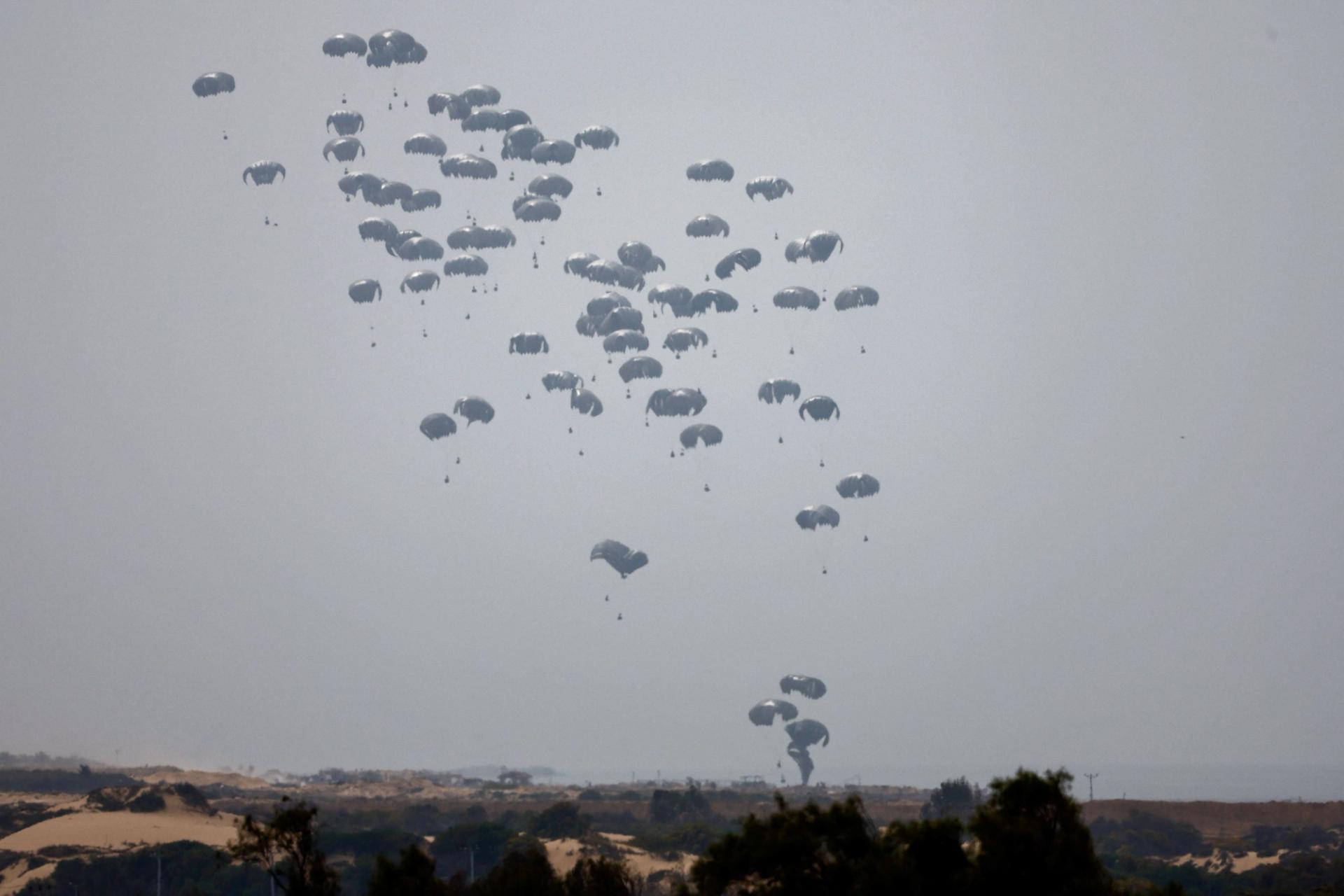The News
World leaders and aid groups are urging Israel to accept the International Court of Justice’s ruling for the country to allow “unhindered” aid access to Gaza as millions there face famine.
South Africa — which is persuing a genocide case against Israel at the ICJ — said the court’s ruling “indicates a need to protect [Palestinians’] right to exist,” while Ireland said it would back efforts to redefine genocide to include blocking humanitarian aid.
The ICJ’s ruling, while legally binding, has no way of being enforced, leaving international observers skeptical about Israel’s compliance. Still, the court’s decision reflects a broadening sentiment that the Israeli government is failing to mitigate a devastating humanitarian crisis in Gaza.
SIGNALS
Famine conditions could support South Africa’s genocide accusations
The ICJ’s new ruling on aid shows that the court believes Israel failed to meet some of the “provisional measures” it had previously ordered, and “the starvation of Gaza will be one of South Africa’s strongest arguments to proving genocidal intent,” International Relations academic Alonso Gurmendi posted on X. The ICJ has previously appeared to conclude that Israel’s campaign was not inherently genocidal, as South Africa has alleged, but given Gaza’s inevitable famine, the “case is less complicated” now, David Simon of Yale University’s Genocide Studies Program wrote for TIME. This may prompt the ICJ to reassess its decision.
The new ‘Israeli iron curtain’ could lead to more warfare with Palestinians
Israelis’ tendency to view claims by their government as “gospel” while doubting the veracity of Palestinian reports, images, and videos is “part of the Israeli iron curtain,” Palestinian Israeli columnist Hanin Majadi wrote for Haaretz. This mentality, she opined, prevents Israelis from questioning whether the government’s possible motivation for clearing the northern part of Gaza and leaving it under Israeli control, is to create settlements like in the West Bank. If Israelis fail to look beyond the curtain, she argued, it “would lead to the same inescapable state of constant warfare and the destruction of relationships with Palestinians everywhere.”
Biden is limited in preventing Rafah invasion
Despite U.S. President Joe Biden calling Israel’s planned invasion of Rafa a “red line” for which there could be consequences, “Biden’s in a box and there’s no way out,” a former State Department official told ABC News. Biden is limited in the ways he can hold Israel accountable. The president has already ruled out the possibility of cutting off weapons supply to Israel, and conditioning U.S. military and financial aid — which some progressive Democrats have pushed for — isn’t likely either, experts told ABC News. Even Biden’s increasingly vocal frustrations with Israeli Prime Minister Benjamin Netanyahu won’t deter him because Israel “feels it’s facing an existential threat and so the ability of any outside power to shape Israeli actions is limited,” a Middle East expert said.

